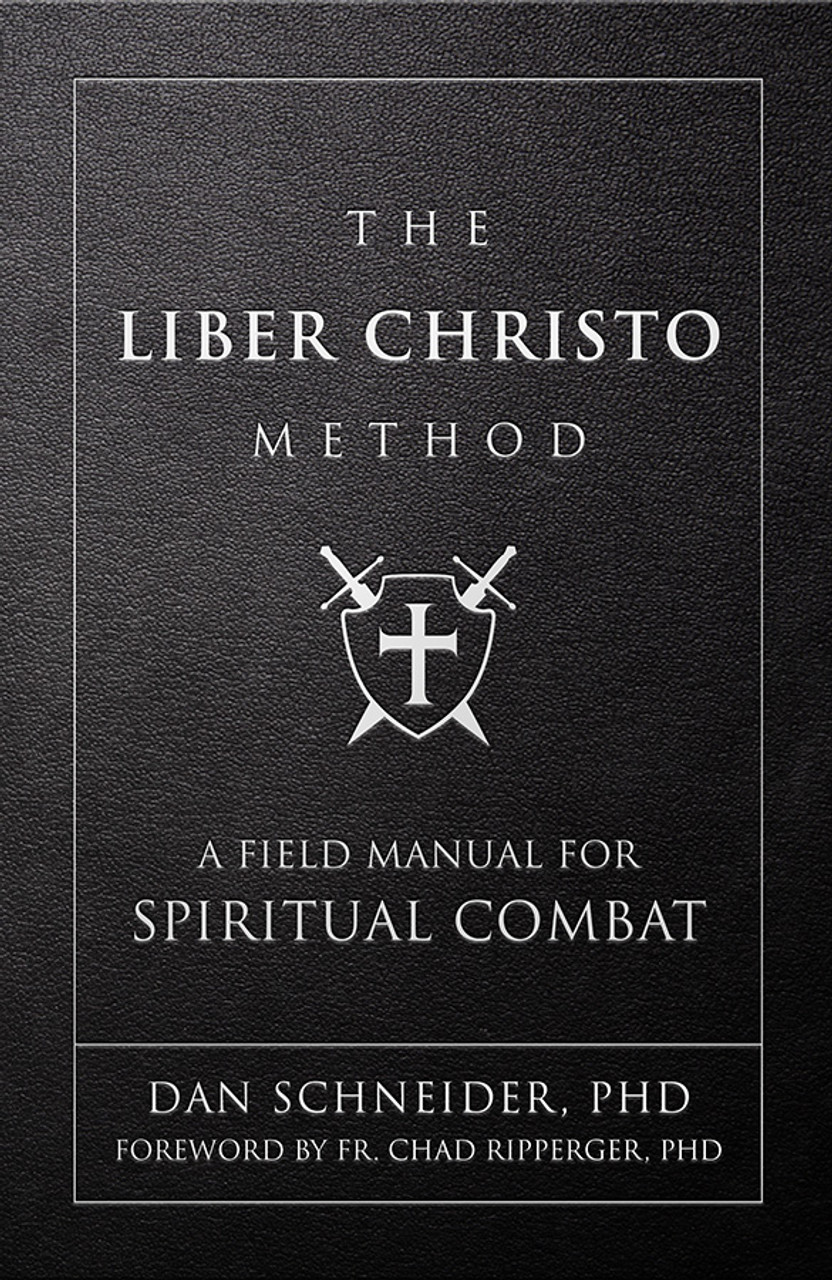What can demons do? How do they affect me? How can I defend myself from the weapons of the enemy? Read this excerpt from The Liber Christo Method!
How do I defeat a vice or diabolical influence?
1. Separate yourself from it with an act of the will.
2. Cut yourself free of any entanglements due to your participation with it.
3. Address it directly (and cast it away) in the name of Jesus Christ and from the authority given by God the Father over your own body and soul.
4. Once a demon and concomitant vice/spiritual defect is uncovered, you now reject, renounce, and finally rebuke it to allow grace to then do its work.
What are the levels of demonic influence?
Oppression
A form of extraordinary diabolic influence in which a demon attacks one’s externals; first stage in the progression toward classic possession and often experienced as a heaviness, malaise, melancholy, or depression. As the influence of the diabolical increases during this phase, the individual begins to lose focus, especially on vocational obligations.
Obsession
Spiritual obsession can be seen in marked neurotic and abnormal mental symptoms due to the persevering efforts of an evil spirit to gain mastery over him; the second stage in the progression toward classic possession where one is besieged psychologically—that is, intellectually and emotionally—by demons. There will be psychological as well as physical indicators of the diabolical presence. It is during this phase that the demon begins to “move in” (increased and persistent activity in the interiority of a person). A psychological obsession is recurrent and persistent thoughts, urges, or images that are experienced as intrusive and unwanted.
Possession
The phenomenon in which the devil invades the body of a living person and moves the faculties and organs as if he were manipulating a body of his own.
Three types of possession are as follows:
Classic: usually a gradual progression through the stages of oppression and obsession.
Partial: usually through a pact made in exchange for a favor with a demon such that the demon is present to that activity and when the person seeks God, demonic affliction arises; sometimes can be ethnic/cultural related.
Transient: where rights are given by someone else, usually familial such as in Freemasonry or other witchcraft, and the demon becomes present when the rights are challenged; akin to “peanut allergy” such that the effects arise situationally. The demonic claim will (as a rule) spike when the activity associated with the possession/curse is performed.
What do demons know about me?
While demons may know your past, they do not know your future. They do, however, attempt to stir up the memory to illicit an emotional response from you. Thus, when emotions are high and we are interiorly unstable/unrested, they then project a new version of the memory into the imagination. The more a person dwells on the past, the more demons come into work in distorting the memory. One of the first emotions which the demon projects is shame, with the rest of the cluster close behind: embarrassment, self-accusation, worthlessness, self-condemnation, and humiliation [which] directly militate against our core identity as beloved children of God.
ooo
This article is taken from a chapter in The Liber Christo Method by Dan Schneider, PhD which is available from TAN Books.









